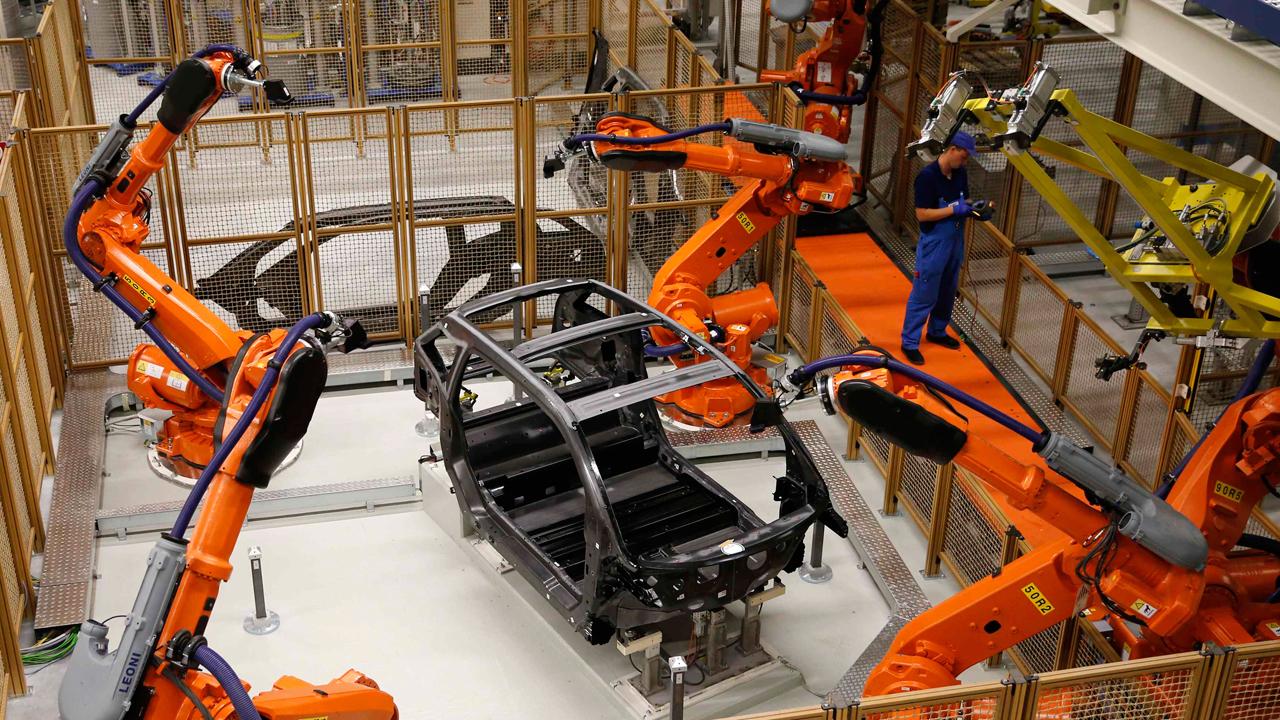Is a robot coming for your job?
More than a third of U.S. jobs – from retail to administrative -- could be at high risk of automation by the early 2030s, according to PricewaterhouseCoopers.
By 2030, artificial intelligence (AI) is projected to generate nearly $16 trillion in global growth, according to the new research from PwC. That’s more than the current output of China and India combined. And while AI’s growth means more and more new jobs for high-skilled tech workers, PwC warns they come at the expense of lower-skilled jobs.
Deloitte’s Global Chief Operating Officer Frank Friedman says to close the skills gap, the U.S. education system will have to change to better emphasize science, technology, engineering and math. Businesses will need to do their part, too.
“I think it means businesses have to accept a higher level of responsibility to help employees train and re-train,” says Friedman.
The Trump administration recently rolled out a program to boost apprenticeships in the country as an alternative to four-year degrees. But Friedman argues there are cultural and financial challenges to successfully implementing apprenticeships in the U.S., as is the case in Germany – where apprenticeships are a major part of the economy.
“There's challenges about how you fund it,” says Friedman. “It’s not inexpensive to take on an apprenticeship model [for just out of] high school or in high school [students] and say ‘we are going to give you these experiences for the next three or five years, and we're [going to] also help fund classroom curriculum.’”
While it’s clear automation isn’t going away, Friedman says there is one advantage humans will never lose to a robot when it comes to employment.
“Machines don’t really show a lot of empathy, machines don't build relationships, machines don't really communicate all that well, it’s still going to take people and humans to do all that,” he said.




















